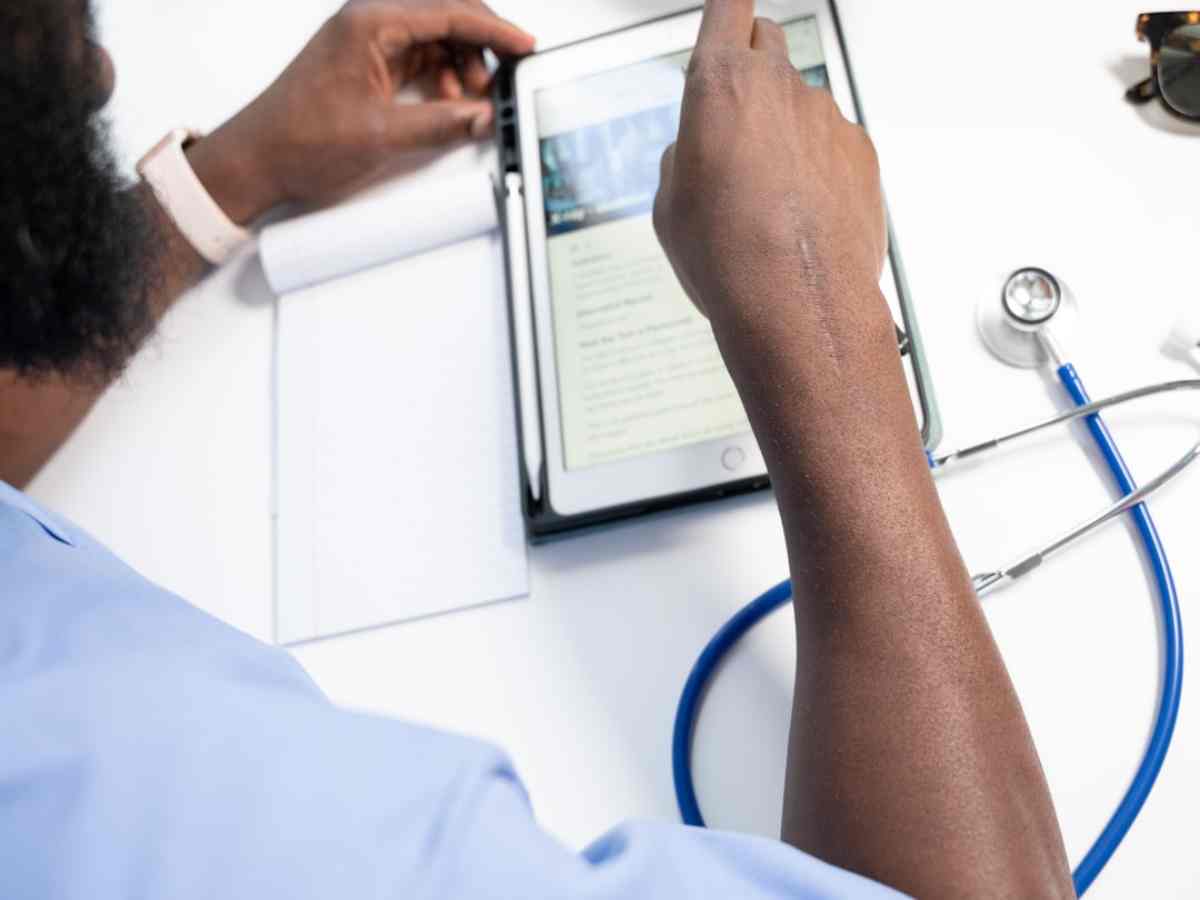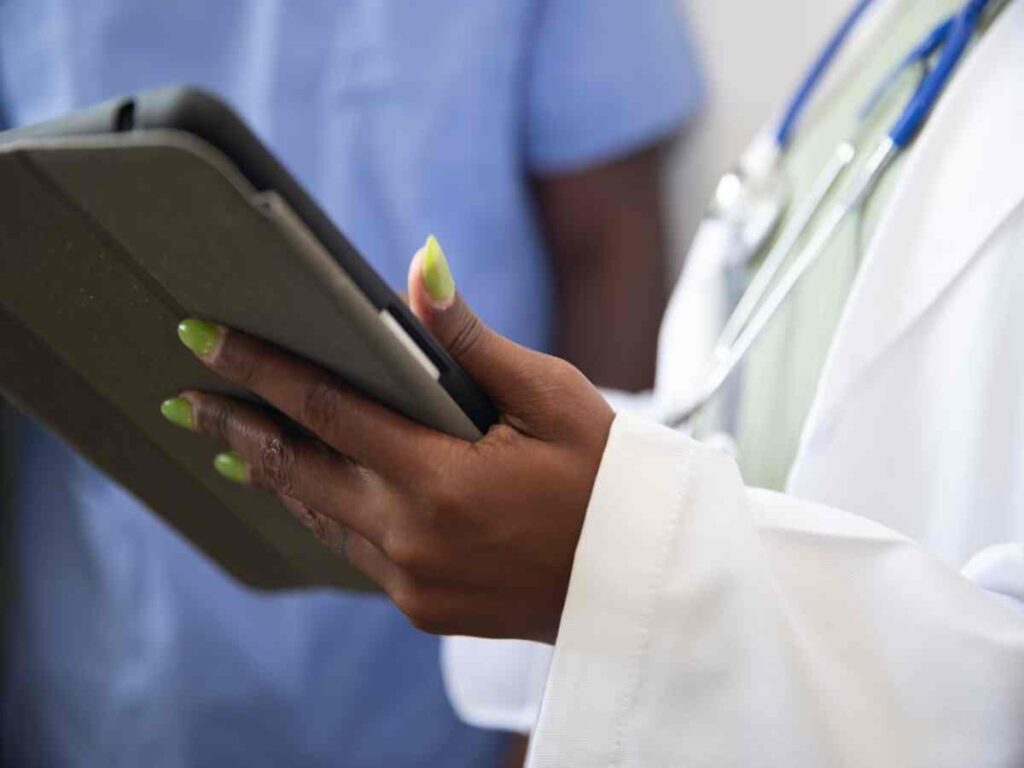The Importance of HIPAA-Compliant Fax for Healthcare Providers

The transmission of patient information via fax remains a critical function within the healthcare sector. As this process often involves the exchange of sensitive data, healthcare providers are mandated to adhere to the Health Insurance Portability and Accountability Act (HIPAA). This act ensures patient confidentiality and the secure handling of healthcare information. A HIPAA-compliant fax service is not just a regulatory requirement but also a safeguard against data breaches. Below, we delve into the significance of HIPAA-compliant fax services and how they operate to protect patient privacy.
Table of Contents
The Risks of Non-Compliance with HIPAA in Faxing Patient Information
Non-compliance with HIPAA can lead to hefty fines, ranging from $100 to $50,000 per violation, and potential criminal charges in extreme cases. Aside from financial penalties, healthcare providers may be required to follow strict corrective action plans that can disrupt operations. More critically, sending PHI through non-compliant fax methods increases the risk of unauthorized disclosure, violating patient privacy and damaging trust.
The long-term impact of a data breach includes reputational harm and loss of patient confidence, which can be difficult to recover from. To avoid these risks, providers must use secure methods when transmitting sensitive information. A secure healthcare fax tool like InterFAX helps ensure PHI stays protected throughout the entire faxing process, reinforcing patient trust and supporting HIPAA compliance.
Understanding HIPAA and Its Impact on Fax Communications in Healthcare
HIPAA regulates the use and disclosure of Protected Health Information (PHI), requiring healthcare professionals to follow strict Privacy and Security Rules. Faxing remains common in healthcare due to its ease and legal acceptance, but standard fax machines may fall short of HIPAA’s security standards. When transmitting PHI via fax, providers must ensure secure transmission, limit access to authorized personnel, and maintain audit trails.
The HIPAA Security Rule emphasizes encryption and access control for electronic PHI, including e-faxes. To comply, healthcare organizations often turn to HIPAA-compliant fax solutions that include built-in security features. Maintaining compliance is essential to protect patient data and avoid legal and reputational consequences.
How HIPAA-Compliant Fax Solutions Enhance Data Security for Healthcare Providers
HIPAA-compliant fax solutions protect patient data by using advanced encryption to secure PHI during transmission and by embedding essential security features that support regulatory compliance. Access to sensitive information is tightly controlled through secure user authentication and role-based permissions, reducing the risk of unauthorized disclosures.
These services also generate comprehensive logs and audit trails that track who accessed PHI, when, and why, reinforcing accountability. In the event of a breach or technical issue, built-in incident response procedures enable quick detection, reporting, and resolution to ensure uninterrupted communication. These integrated safeguards make HIPAA-compliant fax services a secure option for handling PHI in healthcare environments.
Key Features of HIPAA-Compliant Fax Services

HIPAA-compliant fax services incorporate essential features that align with regulatory requirements, prioritizing the security of protected health information (PHI). Encryption technology plays a key role by making transmitted data unreadable to unauthorized users. Secure file storage ensures faxes are not saved on vulnerable devices or networks and are properly backed up to prevent data loss.
User authentication protocols, including multifactor authentication and role-based access, restrict access to PHI and maintain a secure environment. Reliable customer support is also a defining feature, providing expert guidance on compliance, technical troubleshooting, and best practices. These combined measures help healthcare organizations maintain confidentiality and integrity in their fax communications.
The Role of Technology in Ensuring HIPAA Compliance for Fax Communications
Technology is essential for ensuring HIPAA-compliant fax communications in healthcare. Cloud-based faxing and secure systems protect transmitted data and integrate with healthcare platforms to streamline operations. Automation reduces human error through features like automatic retention and deletion policies that manage the lifecycle of protected health information (PHI).
Real-time monitoring and alert systems help detect unusual activity or potential breaches, allowing for immediate response. These tools ensure consistent compliance across all fax transmissions. Advanced technology also enables scalability and adaptability, allowing healthcare providers to adjust fax solutions as their communication needs evolve while maintaining strict compliance with HIPAA standards.
Overall, HIPAA-compliant fax services are an indispensable asset for healthcare providers. They ensure the secure and lawful exchange of patient information, safeguarding both the patient and the institution from the repercussions of non-compliance. As healthcare continues to integrate new technologies, the emphasis on enforcing HIPAA standards in fax communications remains a critical component in the preservation of patient confidentiality and data integrity.
